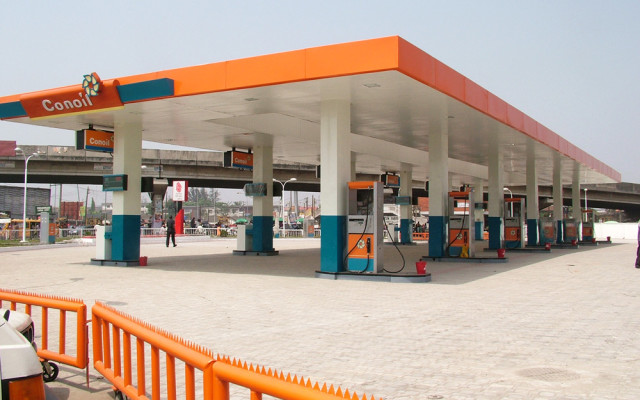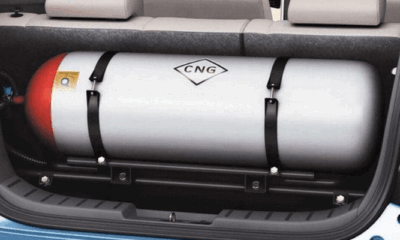In a significant protest against an anti-smuggling operation, nearly 2,000 petrol stations in Nigeria’s North-East have shut down, causing widespread fuel shortages and forcing motorists to turn to the black market.
The closures began yesterday following a crackdown by the Nigeria Customs Service (NCS), which targeted petrol outlets suspected of smuggling fuel to neighboring countries.
Dahiru Buba, Chairman of the Independent Petroleum Marketers Association (IPMAN) for Adamawa and Taraba states, revealed that the closures were a direct response to the NCS impounding tanker trucks and shutting down some fuel outlets.
This crackdown, known as “Operation Whirlwind,” aimed to curb the smuggling of subsidized petrol to Cameroon, Benin, and Togo—a practice that has thrived for years due to the significant price difference.
Buba explained that the operation initially led to the seizure of tanker trucks belonging to IPMAN members. Although the trucks were released following protests by the association, the continued impoundment of more vehicles and the closure of several petrol stations led to the widespread shutdown.
“We wrote to them [Nigeria Customs] again, but there were no responses. That is why we decided to go on strike,” Buba said, adding that over 1,800 outlets had ceased operations.
“This is our business, and we cannot be quiet when our members are treated this way,” Buba added, emphasizing the association’s frustration with the ongoing situation.
In response to the closures, the black market has surged, with fuel vendors in Adamawa’s capital, Yola, selling petrol at N1,400 per liter—significantly higher than the official pump price of between N650 and N750.
This has placed an additional burden on consumers, who now face inflated costs amid the fuel scarcity.
Mangsi Lazarus, the customs spokesperson for Adamawa and Taraba, defended the operation, stating that the impounded tanker trucks were indeed being used to smuggle petrol.
“We are simply carrying out our duty to prevent illegal activities that harm the economy,” Lazarus said.
The fuel crisis comes as oil prices edged higher globally due to anticipated strong driving demand, geopolitical tensions in the Middle East, and drone attacks on Russian refineries.
Brent crude futures for August delivery rose by 0.9% to $86.04 a barrel, while US crude gained 1.1% to $81.63 per barrel.
“The chief underlying reason behind the price strength … is the growing confidence that global oil inventories will inevitably plunge during the summer in the northern hemisphere,” said Tamas Varga of oil broker PVM, referring to seasonal demand for oil products.

 Education4 weeks ago
Education4 weeks ago
 News3 weeks ago
News3 weeks ago
 Business3 weeks ago
Business3 weeks ago
 Technology3 weeks ago
Technology3 weeks ago
 Investment4 weeks ago
Investment4 weeks ago
 Investment3 weeks ago
Investment3 weeks ago
 Telecommunications4 weeks ago
Telecommunications4 weeks ago
 Banking Sector3 weeks ago
Banking Sector3 weeks ago




























